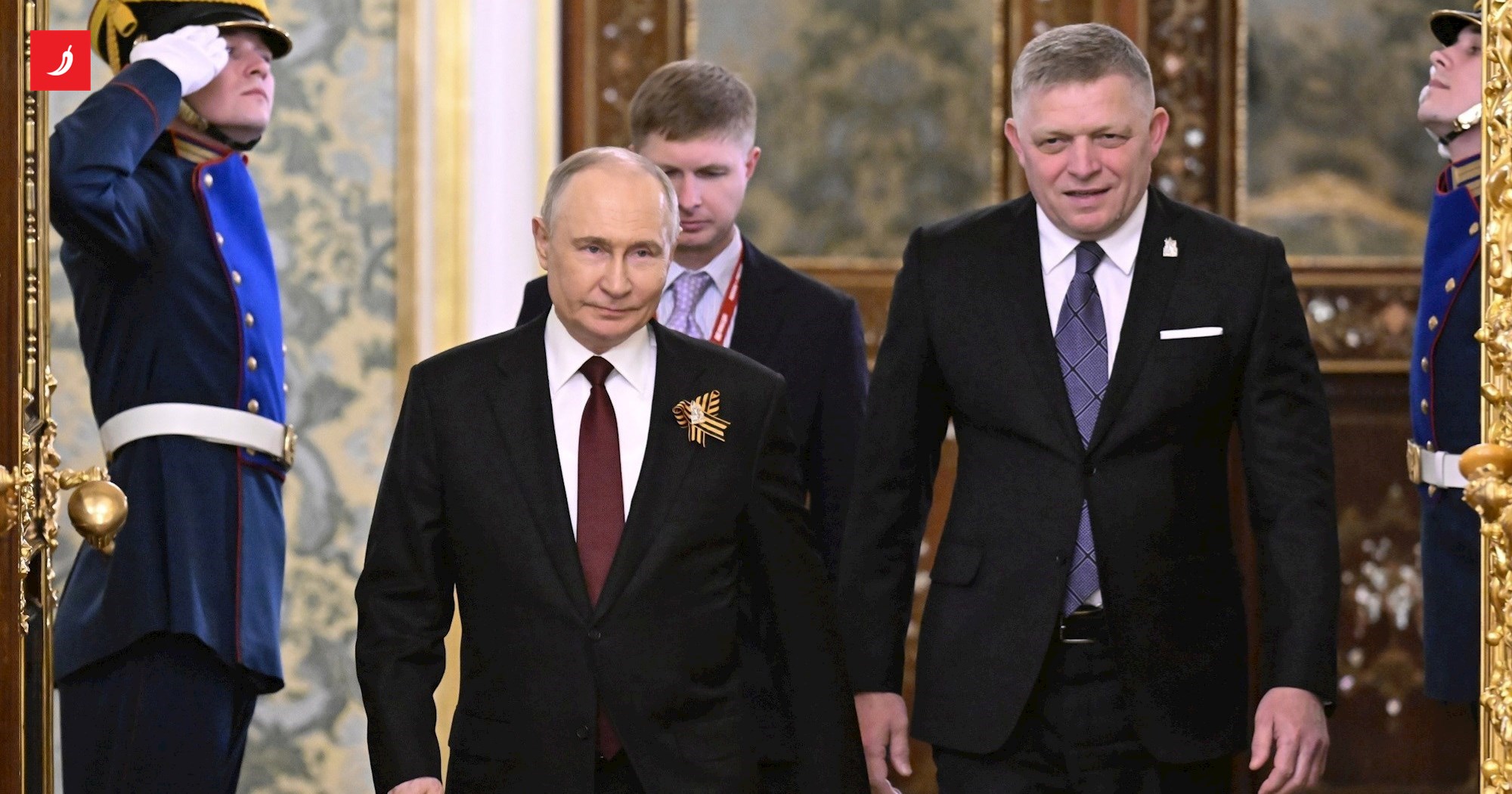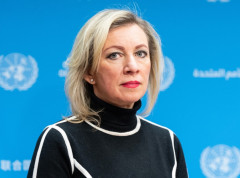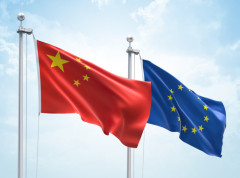Slovakia has threatened to block the European Union’s 18th package of sanctions against Russia unless the European Commission provides a solution to the energy crisis that could affect the country due to the cessation of Russian gas, oil, and nuclear fuel supplies. Prime Minister Robert Fico expressed concerns about the impact of sanctions on Slovakia’s economy and energy security, emphasizing the country’s heavy dependence on Russian energy. The European Commission proposed a sanctions package that includes a ban on transactions involving the Nord Stream 1 and 2 gas pipelines, a cap on the maximum price of Russian oil, and an expansion of the ban on access to the SWIFT banking system. While Slovakia and Hungary seek exemptions due to their energy dependence, most other EU members support the new sanctions. The proposal aims to further reduce Russia’s revenues from energy sales and pressure the Russian banking sector due to the invasion of Ukraine.
Political Perspectives:
Left: Left-leaning sources emphasize the economic and social impact of the sanctions on countries like Slovakia that are heavily dependent on Russian energy. They highlight the concerns of national leaders like Robert Fico who argue that sanctions may harm their own economies more than Russia. The narrative often includes criticism of the EU’s approach to sanctions as potentially harmful to ordinary citizens and calls for more balanced or negotiated solutions.
Center: Centrist sources focus on the factual reporting of the European Commission’s proposal of the 18th sanctions package against Russia, detailing the measures such as price caps on Russian oil, bans on transactions with Nord Stream pipelines, and expansion of banking restrictions. They report on the political dynamics within the EU, including Slovakia’s and Hungary’s requests for exemptions due to energy dependence, and the overall goal of the sanctions to pressure Russia economically in response to the invasion of Ukraine.
Right: Right-leaning sources tend to emphasize the necessity of strong sanctions against Russia to uphold European security and support Ukraine. They may criticize countries like Slovakia and Hungary for their reluctance or opposition to sanctions, framing it as a lack of solidarity or weakness. The narrative supports maintaining or increasing pressure on Russia to end the war, often highlighting the strategic importance of reducing Russian energy revenues and the need for a firm stance against Russian aggression.











